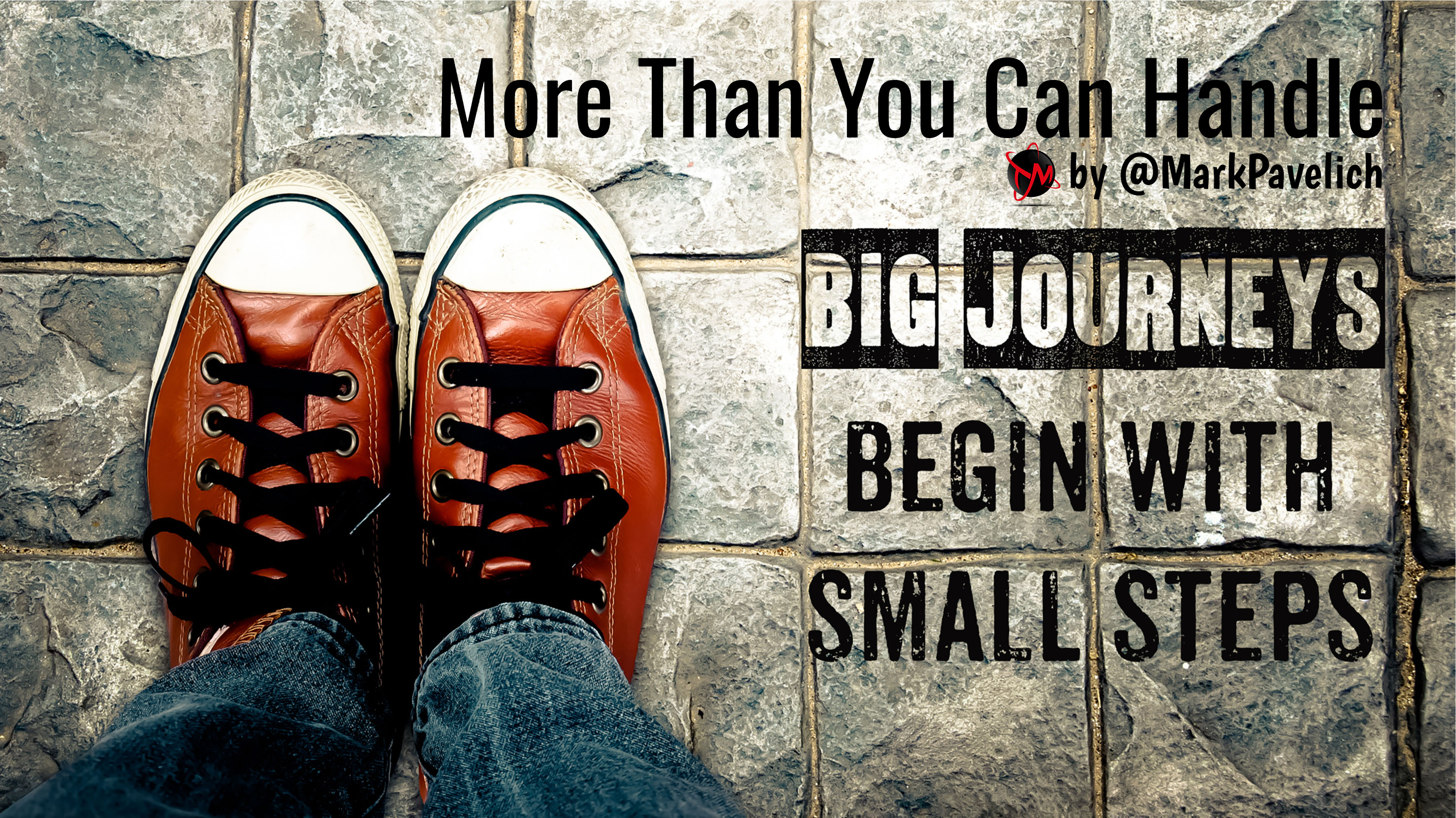
“Deciding what not to do is as important as deciding what to do.”
- Steve Jobs
It’s Tuesday afternoon. Your week has escaped you, and yet, you have so much that is bogging you down. A never ending Outlook task list, meeting follow-ups that haven’t been actioned, and deadlines which can’t be pushed back. You are good at what you do, and part of your reputation was built on the premise of delivering results, when few others could.
But your business model isn’t dependent solely on reliability and dependability. It was also forged with care and quality— an attention to detail that would be compromised if you took on more than you could handle.
If delegation is an option, then that will help. Surely. To some, however, this isn’t always an option.
One solution that most often gets neglected in business: saying “no”.
Imagine the aforementioned scenario. Put yourself in it. Now imagine having another item dumped on your lap. Your calendar and task list is already an overflowing cornucopia, one to drive you to the brink of exhaustion. You want to say “yes”, but doing so will only take away from some of what you’ve already committed to, assigning your proverbial stamp of approval to the project or opportunity.
Set expectations. This isn’t to say “I can’t”, outright, nor does it preclude you from doing it later on. It simply means, “Mr. & Mrs. Client— I would love the opportunity to do this for you, and would happily do so next week.”
In theory, you’re adding to your capability statement by demonstrating that there’s a demand for your services, and that others have put their trust in you. You also aren’t willing to reduce your overall service quality by becoming a high volume, quick turnaround outfit.
Knowing when to say “no” is a powerful tool. There will also be times where you can refer business to a partner, building a synergetic relationship with them, so that- eventually– they’ll kick back business your way, relaying the favour.
You don’t have to be everything to everyone; a one stop shop, willing to bend in all ways, and deliver at any cost. Build a market within the confines of what you can do, and then do it well!
Here’s an example for you to consider: Thom Browne suiting. Unlike some designers, Thom Browne doesn’t set out to create suiting for every budget. His designs aren’t even tailored for every style. Their signature avant-garde designs and short cut jackets are quite specific to the buyer. Want to make a statement? Thom Browne. Perhaps you always wanted a Thom Browne suit? Thom Browne. For everyone else, perhaps you can find what you’re looking for elsewhere. And that’s ok. When you need a Thom Browne suit, you’ll be able to find one.
Some businesses were built on the foundation of exclusivity. You can’t just walk into a specialist for a consultation. Most often, you’ll need a referral and then a preset appointment. It’s not because they don’t want your business. They do. But they want to be able to serve you to an acceptable standard, and to do so, they need to ensure that they have resources available to provide you with paramount advice and to appropriate the time necessary to field any questions that you may have. This could prove to be quite difficult, in a rushed walk-in consultation.
Say “no”, not because you’re unable. Say “no” because you can, and because you want to be able to deliver at a higher standard than your competition. You’ll be glad you did.
By @MarkPavelich CEO The Mark Consulting & Marketing
Connect below:
Instagram Twitter Facebook Pinterest LinkedIn Youtube Podcast
